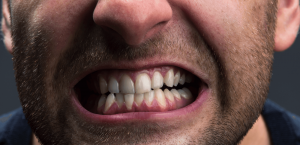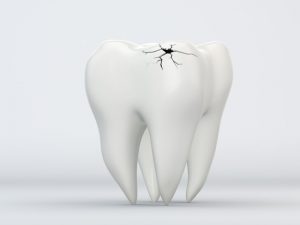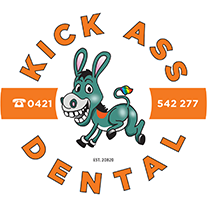Is Grinding Teeth Anxiety?
Grinding teeth, also known as bruxism, is a common dental condition that affects many individuals, often occurring during sleep. While it is primarily associated with dental issues, recent research suggests a strong connection between teeth grinding and anxiety. This article delves into the relationship between grinding teeth and anxiety, shedding light on how these two seemingly unrelated concerns might be linked.
Understanding Bruxism: What is Teeth Grinding?
Before delving into the potential connection with anxiety, let’s explore what bruxism entails. Teeth grinding involves the involuntary clenching, gnashing, or grinding of teeth, often occurring during sleep. The act itself can exert significant pressure on teeth and jaw, leading to various dental problems such as worn enamel, chipped teeth, and even jaw disorders.
The Anxiety-Bruxism Connection:
An Emerging Link: While bruxism is primarily seen as a dental issue, recent studies have illuminated a possible connection between grinding teeth and anxiety. Individuals who experience chronic stress, anxiety, or other emotional upheavals may be more prone to developing bruxism. The subconscious manifestation of anxiety in the form of teeth grinding raises intriguing questions about the mind-body connection.

Stress as a Precursor:
One of the primary factors connecting bruxism and anxiety is stress. Anxiety can lead to heightened muscle tension, which, when not released, can manifest as teeth grinding during sleep. This constant subconscious stress can affect the temporomandibular joint (TMJ), the joint responsible for jaw movement. The resultant strain can lead to bruxism over time, causing dental issues that go beyond the surface.
Nighttime Grinding as an Outlet:
Bruxism is often classified into two types: awake bruxism and sleep bruxism. Sleep bruxism is of particular interest in the anxiety context. For individuals who struggle with anxious thoughts during the day, nighttime can become an outlet for their subconscious stress. The act of grinding teeth could serve as a physical manifestation of the mental tension that builds up over time. This nighttime grinding, driven by anxiety, can contribute to dental problems and further exacerbate the cycle of stress and oral health issues.
The Bidirectional Relationship:
The relationship between bruxism and anxiety appears to be bidirectional, with each factor influencing the other. On one hand, anxiety can lead to teeth grinding, and on the other, the consequences of bruxism can fuel anxious feelings. The pain and discomfort resulting from dental problems caused by bruxism can contribute to heightened stress levels, creating a cycle that is difficult to break.
Managing Bruxism and Anxiety:
Recognizing the Link for Better Management: Understanding the connection between bruxism and anxiety is crucial for effective management. If you suspect that your teeth grinding is related to underlying anxiety, it’s advisable to seek professional help. A comprehensive approach that addresses both the dental and emotional aspects can yield positive results.
Stress Reduction Techniques:
To break the cycle of bruxism driven by anxiety, stress reduction techniques can play a pivotal role. Incorporating practices such as mindfulness, meditation, deep breathing exercises, and yoga can help manage anxiety levels, subsequently reducing the likelihood of teeth grinding. These techniques promote relaxation and can have a positive impact on both mental well-being and oral health.
Professional Dental Interventions:
If bruxism has already taken a toll on your dental health, it’s essential to consult a dentist. Dental professionals can recommend treatments tailored to your specific needs, such as dental appliances to protect teeth from grinding during sleep. By addressing the physical aspects of bruxism, these interventions can contribute to alleviating the anxiety-bruxism cycle.

Conclusion:
The connection between grinding teeth and anxiety is an intriguing one that underscores the intricate interplay between our mental and physical well-being. As research continues to shed light on this relationship, individuals who experience bruxism should consider the potential role of anxiety in their condition. By adopting a holistic approach that combines stress management techniques and professional dental care, it is possible to break the cycle of anxiety-driven teeth grinding and pave the way for improved oral and mental health. For kick ass dentistry tooth grinding services see here.
Remember, if you suspect that anxiety is contributing to your bruxism, seeking guidance from both mental health professionals and dental experts can set you on a path to comprehensive well-being.





